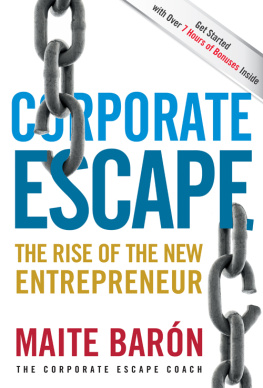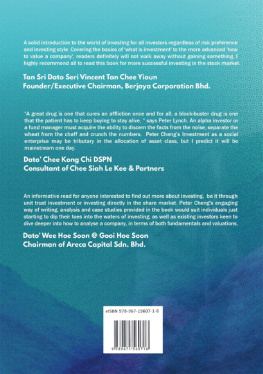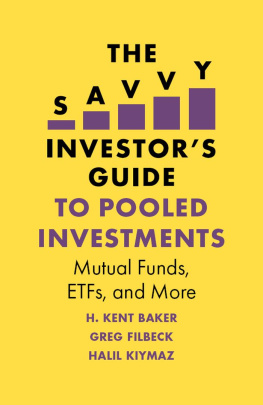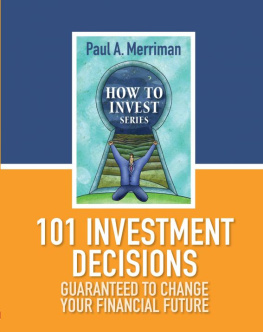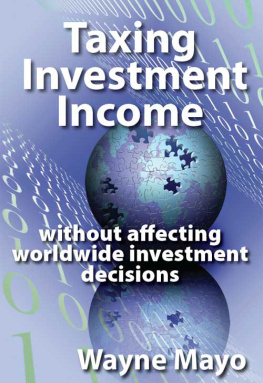John Baron is best known to readers of the FTs Investors Chronicle magazine for having successfully run two live investment trust portfolios as measured by their appropriate APCIMS Growth and Income benchmarks. His popular monthly column explaining portfolio changes is closely followed. It aims to help investors private and professional with their investments.
John has used investment trusts in both a private and professional capacity for over 30 years. Upon leaving the Army, he entered the City as a fund manager running a range of portfolios for private clients and charities. He was a Director of Henderson Private Clients, and then a Director of Rothschild Asset Management having been approached to run its private client core UK equity portfolio.
Upon entering politics, John has sat on the other side of the fence helping charities monitor their fund managers. He remains a member of the Chartered Institute for Securities & Management.
His message is that investment is best kept simple to succeed. Complexity adds cost, risks confusion and usually hinders performance. This philosophy runs through this short but revealing book about the Citys best-kept secret.
Acknowledgements
We are grateful to the following for permission to reproduce copyright material:
from Securities and Investment Review , August 2012.
from Clarke, G. (2011), Multi-manager funds serve up few benefits, The Financial Times , 1920 November The Financial Times Limited. All rights reserved.
Text from Baron, J. (2013), Japan: a once in a lifetime opportunity?, Investors Chronicle , February.
In some instances we have been unable to trace the owners of copyright material, and we would appreciate any information that would enable us to do so.
Foreword
Investment trusts have been the Citys best-kept secret. They perform better and are cheaper than the unit trusts and open-ended investment companies (OEICs) that dominate the nations investment and savings market. Yet many private investors, charities and smaller pension funds are simply unaware of them.
This is going to change. The introduction of the Retail Distribution Review at the beginning of 2013, and other changes to financial regulation, will be one catalyst. Others will include far greater awareness of investment trusts many advantages. The secret is about to be let out of the bag and investment trusts are about to have their day in the sun.
Investors need to be ready to benefit. The Financial Times Guide to Investment Trusts will help you better understand investment trusts. Characteristics such as their structure, gearing and discounts will all be explained as will other factors that affect how trusts perform and are perceived. I will also discuss the stepping stones to successful investing, and how to construct and monitor a trust portfolio. Finally, I will explain the workings of the two live and benchmarked portfolios that I have been sharing with Investors Chronicle magazine readers in recent years.
As any investor will know, knowledge is the bedrock of successful investing. This book aims to explain the potential of investment trusts in a clear, concise and jargon-free manner. It shows their apparent complexity is a myth a myth which has tended to obscure investment trusts merits to professional and private investors alike for too long. I hope readers will then see the wonderful opportunities on offer.
Happy investing!
Introduction: The changing landscape of investing
Why is it so little is known about investment trusts? After all, they have been around for a very long time many trace their ancestry back to the nineteenth century. Some of them are very large with market capitalisations of around 2,000 million not easy to miss! Sections of the financial press often talk about the merits of investment trusts, including better performance and cheaper fees when compared with the unit trusts that dominate the market. And yet, the typical investor is unaware of them the first chapter will therefore explain what investment trusts are.
Most of us love a bargain. So why have we been over-paying for our investments? Why is it that, in the past 10 years alone, the amount invested in unit trusts and open-ended investment companies (OEICs) has risen three-fold to over 600 billion, whilst assets held by investment trusts have only grown less than 50 per cent to around 100 billion? And why is it few investors outside the wealth managers in the City know about them?
The answers are various. But the common thread linking them is a competitive landscape which has been tilted against investment trusts for some time. All this is about to change.
The key catalyst has been new regulations that came into force at the beginning of 2013. Hitherto, many investors have turned to an independent financial adviser (IFA) to help them run their portfolios. Most of these professionals have earned their money not by charging the client a fee, but rather by receiving commission payments from the managers of the products they sell to the client.
Investment trusts do not pay commission to IFAs. Open-ended funds such as unit trusts do. As a result, there has been an in-built bias in favour of these open-ended funds, which is why they tend to dominate the retail market.
Some clients might have thought they were getting free advice as they could not see fees coming out of their pockets. Most clients would have been aware of the arrangement but perhaps hazy about the scale of commission fees paid to their IFAs. Whichever, there is no free lunch. The commission fee has been deducted from the product sold, and therefore comes out of a clients overall investment returns.
In the UK, much of this changed in January 2013 when new rules were introduced by the Financial Services Authority (FSA) as a result of the Retail Distribution Review (RDR). These rules now ban commissions. Instead, IFAs are now expected to earn their fees by charging the client directly themselves and up front. The fee may be an hourly charge depending on the time spent or a fixed fee depending on the type of advice. Whichever, the effect will be the same fees will be paid directly by the client.
One aim of the RDR is to make charges much more transparent. The theory is that clients will now more readily understand the fee structure. Another objective is to eliminate potential conflict of interest claims against IFAs regardless of how well they have served their clients in the past. Meanwhile, the FSA has ruled that the new adviser-charging structure should not commercially disadvantage clients when compared with the old commission fee arrangement. Time will tell whether the RDR has been a success.
But whether a success or not, the RDRs effect on investment trusts will be profound. These trusts can now compete with the open-ended funds on a more level playing field. No longer will they have an in-built disadvantage when being recommended. The gloves are off and the fight is on. And investors are set to benefit as a result.
However, this is only half the story. The advent of the RDR is certainly a catalyst for change, but investment trusts have been the poor cousin to the more dominant unit trusts and OEICs for a number of other reasons although this too may be changing.
In the past, investment trusts have not always been good at setting out their stall. They are a slightly more complex beast when compared with the open-ended funds that have dominated most clients portfolios. But this complexity has been grossly exaggerated, possibly by those with vested interests.







